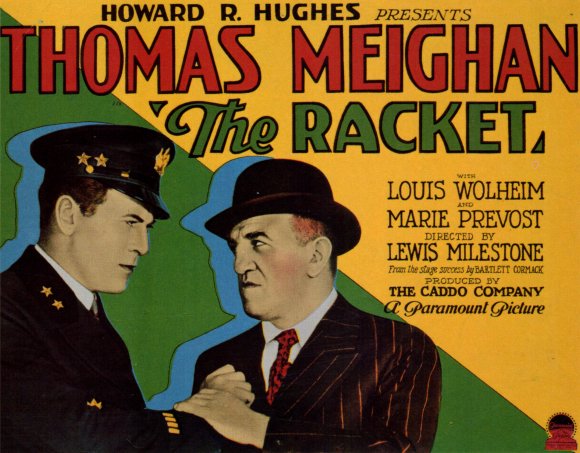
“V-U. DAY!” proclaimed the May 2 cover of the New York Post. Despite the jubilant headline and “mostly sunny, warm” weather forecast, the national mood in early May is more malaise than morning-in-America.
After all, even the classic Cold War political thriller Seven Days in May took its time revealing the scope of the challenge to the American way, rather than letting it into the open on day one.
New York mayor Eric Adams is quoted as considering it “despicable that schools will allow another country’s flag to fly in our country.” (Has Adams forgotten the Israeli flags unfurled by counterprotesters, or the multitudinous banners seen on class trips to the United Nations?)
The paranoid Post is more historically true to its founder Alexander Hamilton’s backing of the Alien and Sedition Acts than his fictionalization in The Hamilton Mixtape finding it “astonishing that in a country founded by immigrants, ‘immigrant’ has somehow become a bad word.” Even so, they should calm down about the university populations they liken to the Axis.
Historian James Loewen emphasized that polls consistently found more approval for the wars in Vietnam and Iraq among those with college education. Antiwar demonstrators have always been “the loud minority” of Mad magazine’s 139th cover from 1970.
Even many not viewing protesters as a fifth column on campus share the frustrations of Resentment Against Achievement author Robert Sheaffer, who sees “the largesse of the taxpaying class” leading to “far fewer concerns about productive activity” than among those who prefer to spend time on pursuits “that will yield far more gain” than “joining some probably futile protest.”
Heavy financial subsidization, extending to even nominally private American institutions, does atrophy their resource-allocation acumen in, and outside, the classroom. However, as Loewen notes, funding pays for itself as “a bulwark of allegiance” to the state. While paralleling the “vastly extended schooling” of Castro’s Cuba and Maoist China, it results in a student body far more loyal to the USA than to the ghost of the USSR.
Ronald Radosh was haunted by that specter when he wrote of having been to New York’s “historic center of radical protest” in Union Square as a red-diaper baby from literal infancy. In the summer of 2001, he perceived a “growing irony” that May Day parades were “the first step of my journey to America, a country where I was born but didn’t fully discover until middle age.” Ironically, that celebration originates with labor agitators not from the twentieth century Kremlin but nineteenth century Chicago. Hippolyte Havel pointed out that organizers like Albert Parsons and Dyer Lum drew upon American experience for ideas dismissed as “foreign poison imported into the States from decadent Europe.”
For a century before Sheaffer suggested it, “pro-freedom” Americans inspired by the first May Day have been on the march “against government restrictions on our liberties.” As Liberty‘s Benjamin Tucker recommended in 1884, their supporters need “not even gather in the streets but stay at home and stand back on their rights” to win them.
New Yorker Joel Schlosberg is a senior news analyst at The William Lloyd Garrison Center for Libertarian Advocacy Journalism.
PUBLICATION/CITATION HISTORY
- “I protest: It is not a merry May” by Joel Schlosberg, The Lebanon, Indiana Reporter, May 7, 2024
- “I Protest: It Is Not a Merry May” by Joel Schlosberg, CounterPunch, May 9, 2024
- “KNAPP [sic] COLUMN: I Protest: It Is Not a Merry May,” The LaGrange, Georgia Daily News, May 9, 2024
- “Knapp [sic]: It is not Merry May” by Thomas L. Knapp [sic], The Madill, Oklahoma Record, May 8, 2024
- “Opinion: I protest: It is not a merry May” by Joel Schlosberg, Newton, Iowa Daily News, May 11, 2024


